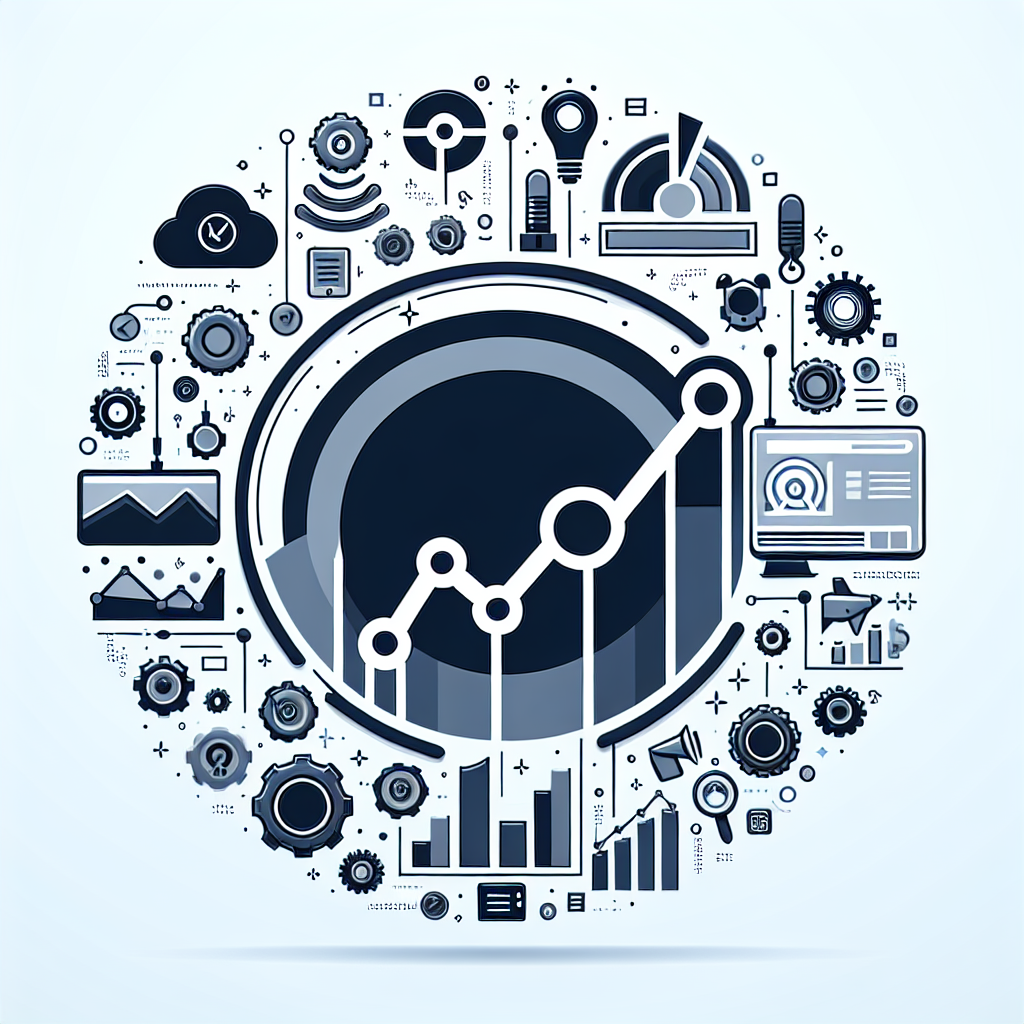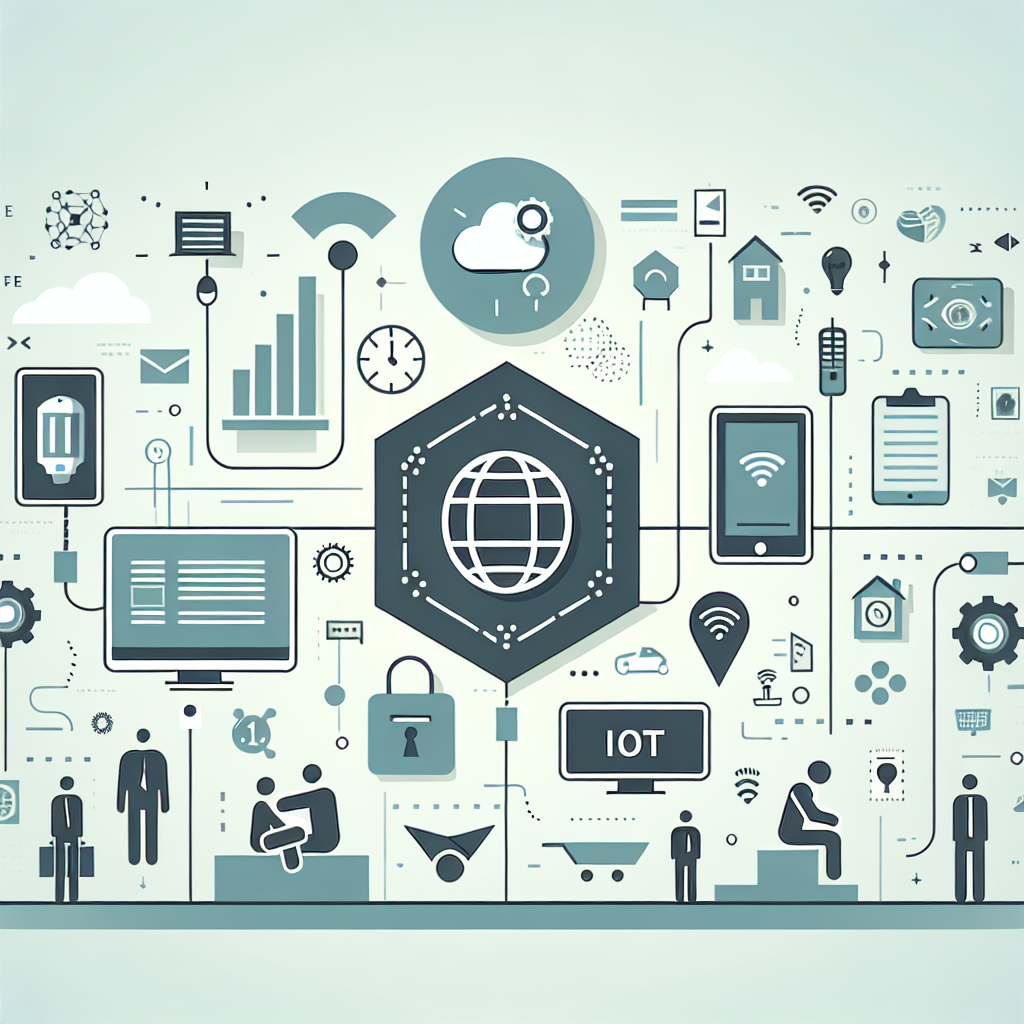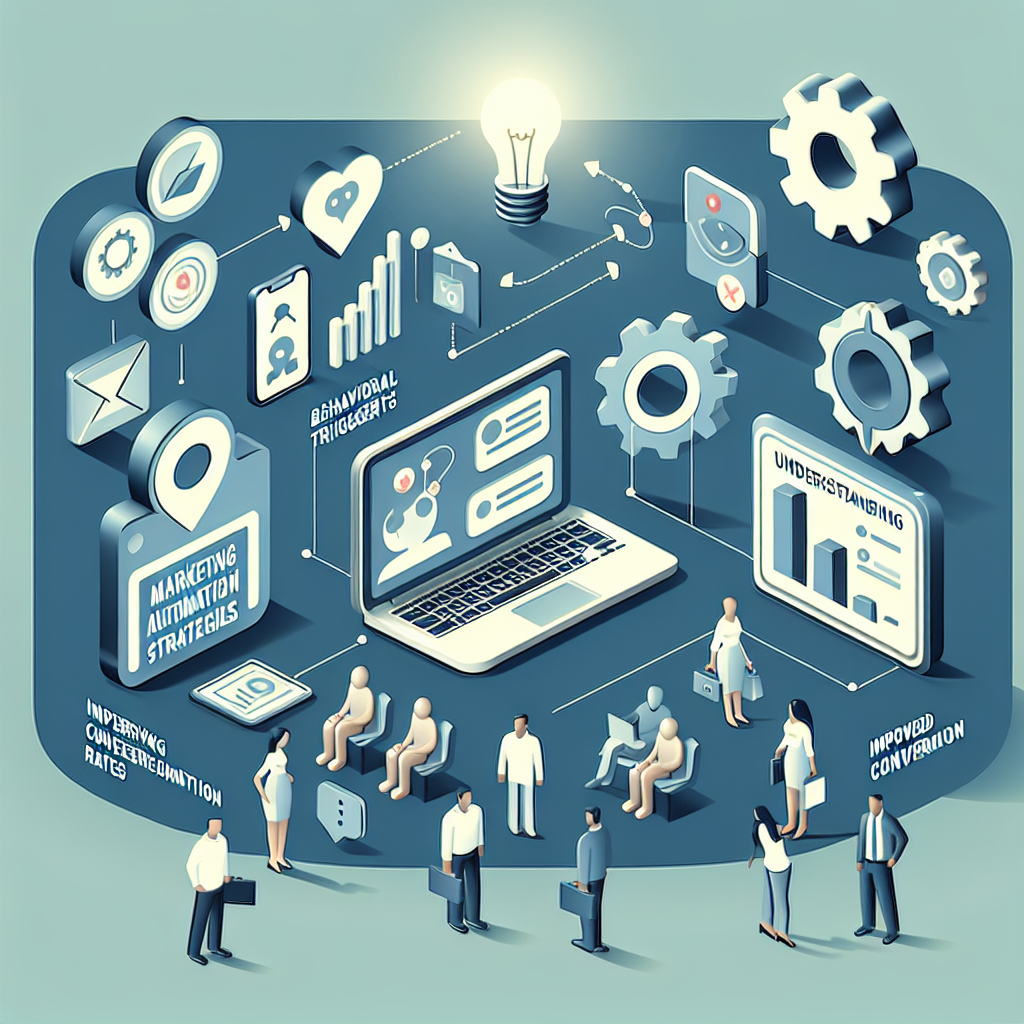The Intersection of IoT and Marketing: Creating Connected Experiences
The Internet of Things (IoT) has emerged as a transformative force in marketing, enabling businesses to create connected experiences that enhance customer engagement, streamline marketing strategies, and drive growth. By leveraging IoT devices and data analytics, marketers can develop personalized interactions, optimize product offerings, and improve operational efficiency. This article delves into the principles of IoT in marketing, its evolution in the digital era, and how AI, e-commerce, and changing consumer behaviors have redefined this marketing discipline.

Introduction
In today's interconnected world, IoT technology is revolutionizing marketing by providing real-time insights into customer behavior and preferences. IoT devices, from smart home appliances to wearables, generate vast amounts of data that can be analyzed to create targeted marketing campaigns, enhance customer experiences, and optimize product development. As technology advances and consumer behavior shifts, the application of IoT in marketing has become increasingly sophisticated, offering businesses new avenues for engagement and innovation.
Foundational Concepts of IoT in Marketing
IoT in marketing involves the use of connected devices to gather data and create personalized experiences. Key concepts include:
Data Collection and Analysis:
IoT devices collect data on customer interactions, which is then analyzed to understand preferences and behaviors.
Personalization:
IoT data enables marketers to tailor messages and product recommendations based on individual customer profiles.
Real-Time Engagement:
IoT allows for real-time interactions with customers, enhancing responsiveness and customer satisfaction.
Trends in IoT for Marketing
Smart Home Devices:
IoT-enabled smart home devices provide insights into consumer behavior, allowing for targeted marketing efforts.
Wearables and Health Monitoring:
Wearables like fitness trackers offer data on user habits, enabling personalized health and wellness marketing strategies.
Autonomous Vehicles:
IoT in vehicles enhances customer experience through personalized entertainment and navigation systems.
Evolution in the Digital Era
The digital era has transformed the application of IoT in marketing by providing new channels for engagement and interaction. E-commerce platforms, social media, and AI-driven technologies enable businesses to refine their IoT strategies with greater precision.
Role of AI in IoT Marketing
AI enhances IoT marketing by:
Predictive Analytics:
AI algorithms analyze IoT data to predict consumer behavior, allowing for proactive marketing strategies.
Real-Time Data Analysis:
AI enables real-time analysis of customer interactions, facilitating immediate adjustments to marketing campaigns.
Personalization:
AI-driven systems personalize marketing messages and product Artificial intelligence (AI) plays a pivotal role in optimizing IoT-driven marketing initiatives by enhancing efficiency, personalization, and predictive capabilities. Here's how AI optimizes IoT marketing:
1. Enhanced Efficiency and Decision Making
Real-Time Data Analysis:
AI algorithms analyze data from IoT devices in real-time, providing actionable insights into consumer behavior and market trends. This enables marketers to make informed decisions and adapt their strategies promptly.
Automated Processes:
AI automates routine tasks such as data collection and analysis, allowing marketers to focus on strategic planning and creative content creation.
2. Personalization and Targeted Marketing
Customer Insights:
AI processes IoT data to understand individual customer preferences, behaviors, and demographics. This information is used to create highly personalized marketing campaigns that enhance engagement and conversion rates.
Targeted Advertising:
By analyzing IoT data, AI helps identify the most effective advertising channels and messaging strategies, ensuring that marketing efforts reach the right audience with precision.
3. Predictive Analytics and Future Insights
Predictive Modeling:
AI algorithms predict future trends and consumer behavior based on historical IoT data, enabling marketers to anticipate needs and adjust strategies proactively.
Anomaly Detection:
AI identifies anomalies in IoT data, allowing businesses to respond quickly to unexpected market shifts or consumer behavior changes.
4. Enhanced Customer Engagement and Loyalty
Interactive Experiences:
AI-powered chatbots integrated with IoT devices provide personalized support and assistance, enhancing customer satisfaction and loyalty.
Smart Content Delivery:
AI ensures that marketing content is delivered through IoT-connected devices at the most effective times and channels, maximizing engagement.
Case Studies and Real-World Examples
Amazon’s Smart Home Devices:
Amazon uses AI to analyze data from IoT devices like Echo smart speakers, providing personalized recommendations and enhancing customer experience through voice interactions.
Fitbit’s Wearable Data:
Fitbit leverages AI to analyze IoT data from its wearables, offering personalized health and fitness insights that drive engagement and loyalty.
BMW’s Connected Cars:
BMW integrates AI with IoT technology in its vehicles to provide real-time traffic updates and personalized entertainment options, enhancing the driving experience.
Impact of E-commerce
E-commerce platforms have transformed IoT marketing by:
Precise Targeting:
Advanced data analytics allow for targeted marketing efforts.
Real-Time Feedback:
Immediate feedback from e-commerce platforms enables rapid optimization.
Cost-Effectiveness:
Businesses can allocate budgets more efficiently by focusing on high-converting channels.
Consumer Behavior Shifts
Changes in consumer behavior, such as increased demand for personalized experiences and seamless interactions, require businesses to adapt their IoT strategies to align with evolving customer values.
Challenges and Considerations
Ethical Considerations:
The use of IoT raises ethical concerns regarding data privacy and security. Businesses must ensure transparency and compliance with data regulations.
Consumer Behavior Shifts:
Changes in consumer behavior require businesses to adapt their IoT strategies to align with evolving customer values and preferences.
Conclusion
IoT technology is transforming marketing by creating connected experiences that enhance customer engagement and drive business growth. As technology continues to evolve, AI and e-commerce will play increasingly important roles in refining IoT strategies. By leveraging these advancements, businesses can develop targeted marketing campaigns that resonate with their audience, drive engagement, and foster long-term loyalty. The future of IoT in marketing will be characterized by increased focus on personalization, real-time responsiveness, and ethical data practices, ensuring that marketing efforts remain both effective and responsible.
Featured Blogs
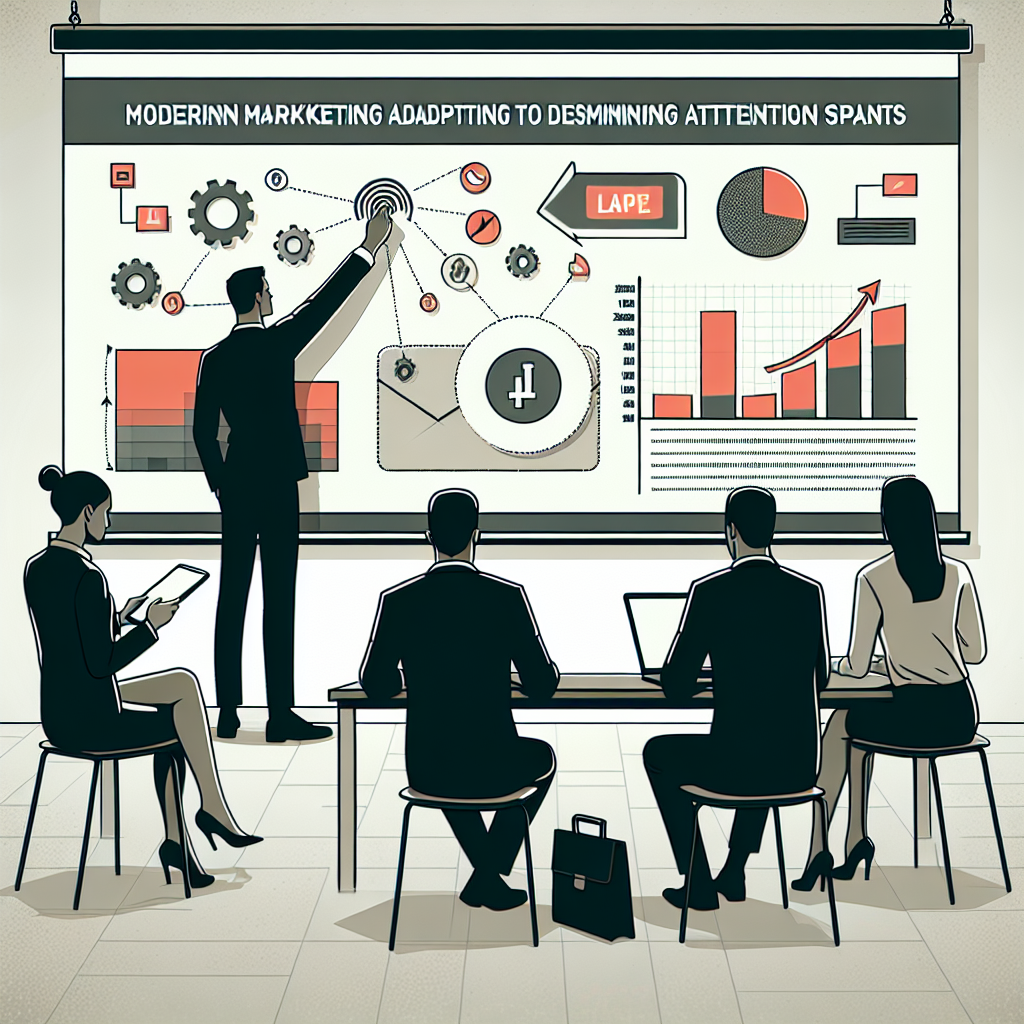
How the Attention Recession Is Changing Marketing
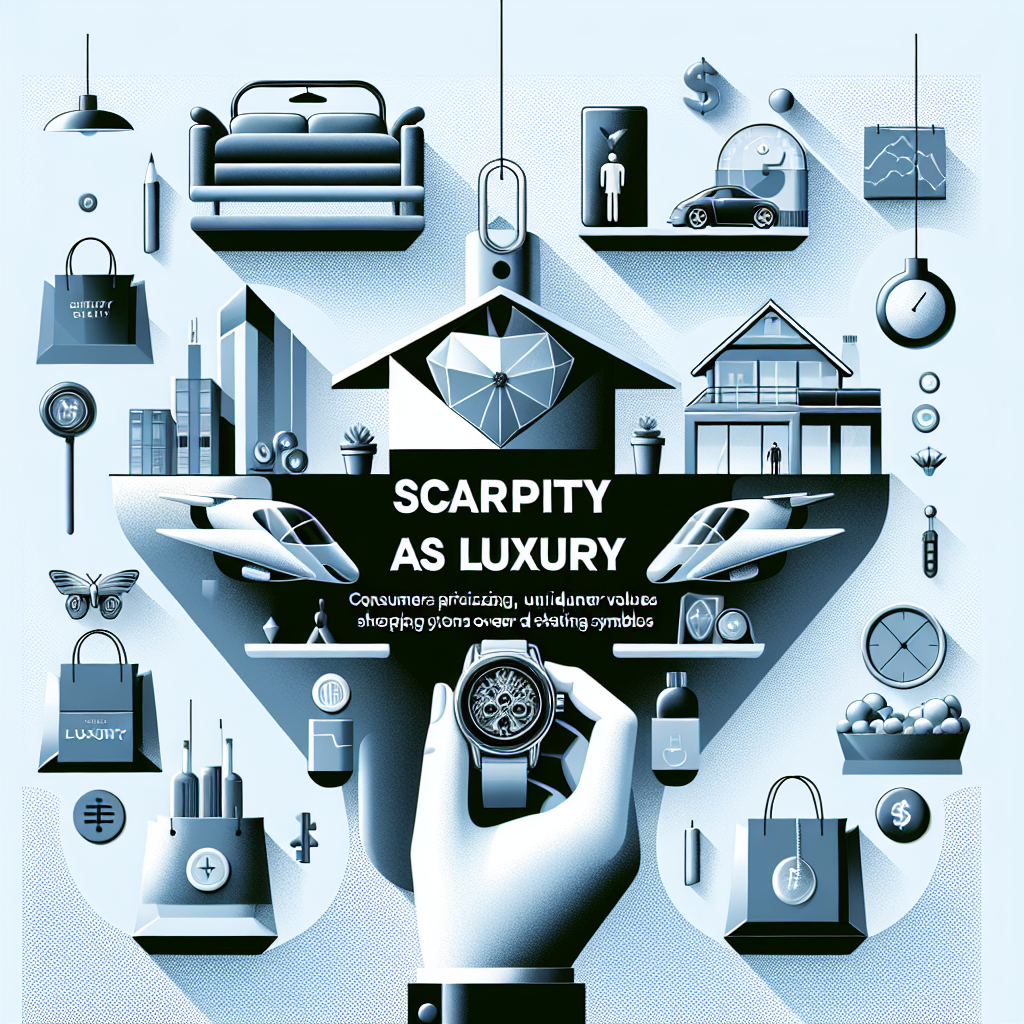
The New Luxury Why Consumers Now Value Scarcity Over Status

The Psychology Behind Buy Now Pay later

The Role of Dark Patterns in Digital Marketing and Ethical Concerns

The Rise of Dark Social and Its Impact on Marketing Measurement
